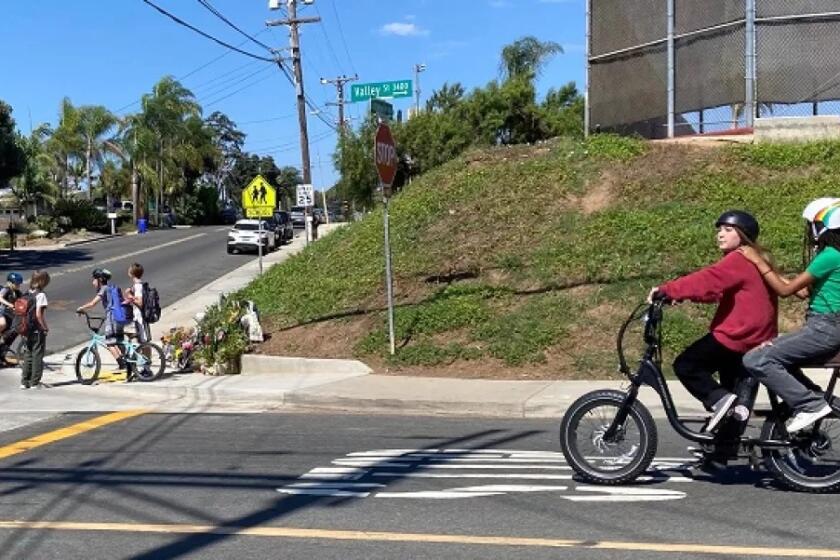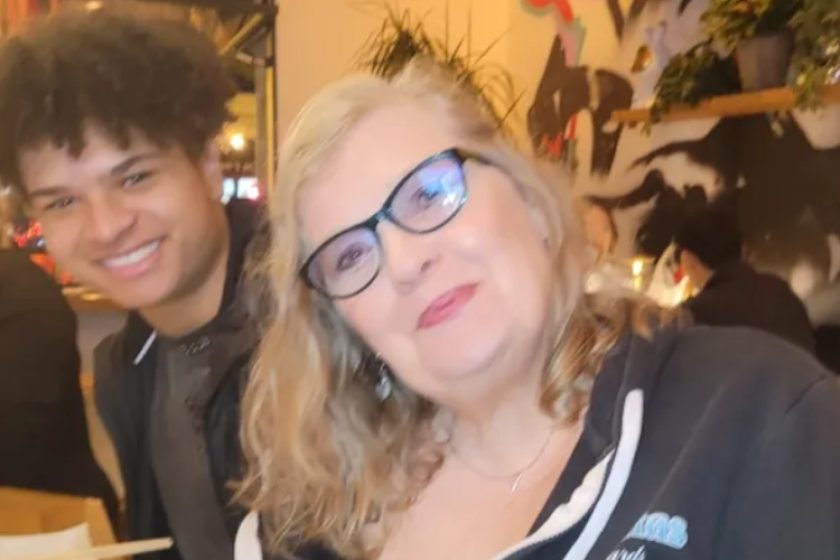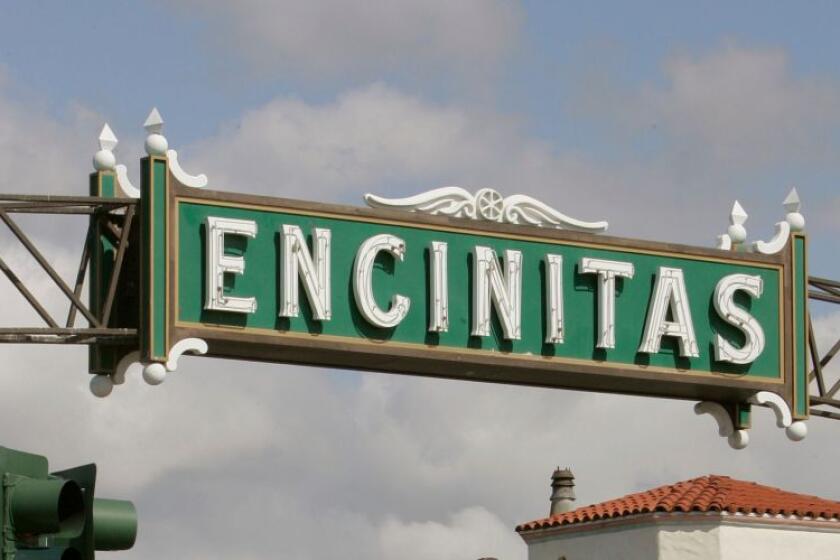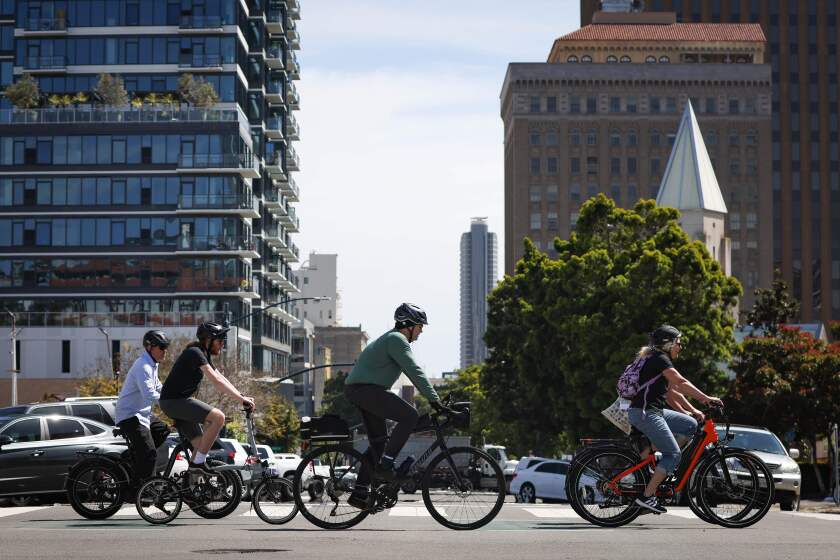Three Encinitas mayoral candidates participate in American Legion debate
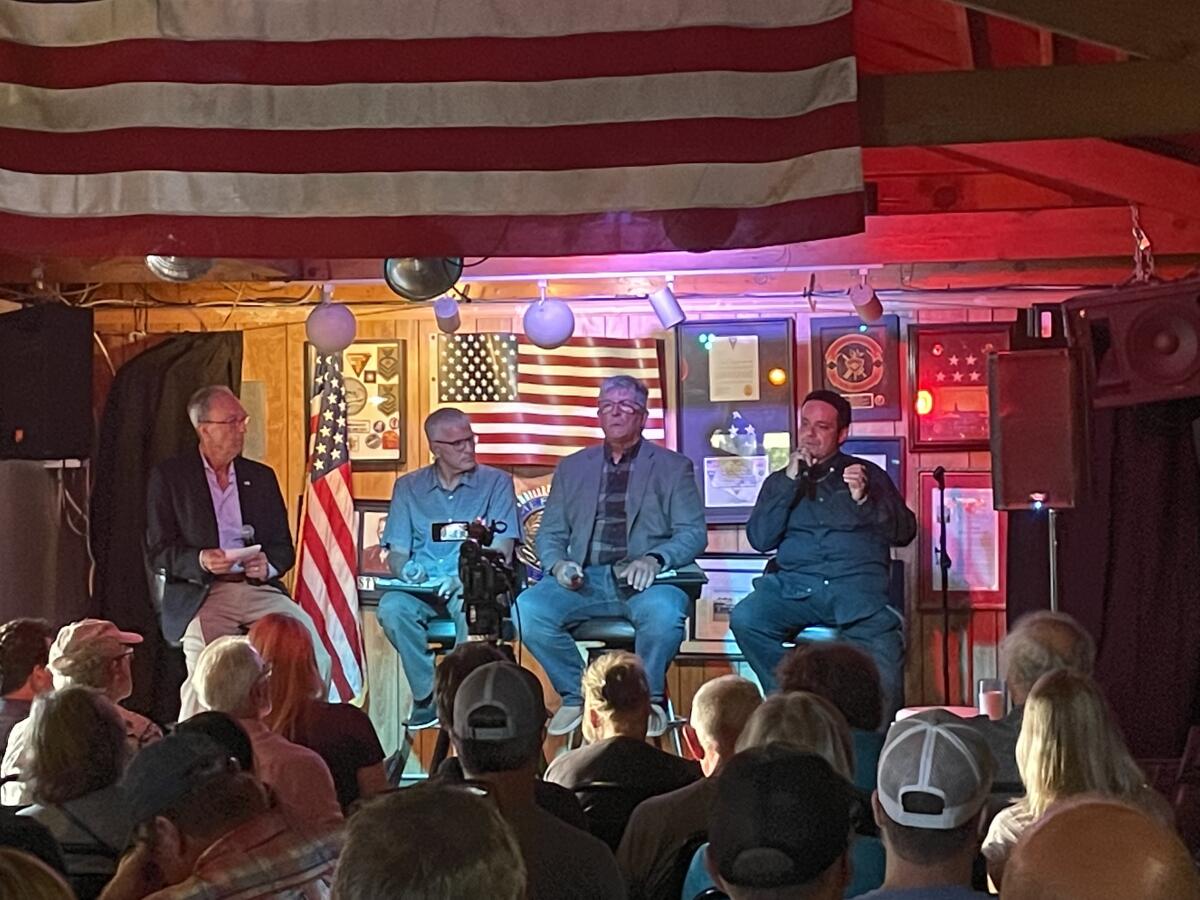
Two challengers in the race for Encinitas mayor tried to make the case that City Hall isn’t responsive enough to the residents during a June 23 debate held at American Legion Post 416, while Council member Tony Kranz defended the council’s recent decisions.
The winner of the mayoral race will replace Catherine Blakespear, who is running for state Senate District 38. A fourth candidate who has filed to run for mayor, Leucadia resident Cindy Cremona, did not participate in last week’s debate. She said in a statement that the event was “premature,” given the recent June primary and the fact that more candidates could still file to run before the Aug. 12 deadline.
Throughout the one-hour event, candidates Michael Blobe and Jeff Morris answered questions submitted by the audience by outlining how they wanted to break from the city’s current course on issues including homelessness, public safety and housing.
“That’s why I’m running,” said Morris, a onetime stockbroker and entrepreneur who has owned a cosmetic marketing and custom furniture business. “All of you can get your voice back and regain control of your town.”
One of the questions, which were written on index cards and read by moderator Neil Hokanson, asked about the Goodson project. The proposed project, which would add 250 units in Olivenhain, has been the latest point of contention between residents who feel it doesn’t fit in the community and city leaders who have waning influence over new development due to state housing laws.
Encinitas residents opposed to the project, including grassroots group Encinitas Residents for Responsible Development, have said they’re concerned about fire safety and traffic congestion issues caused by the project.
“I would’ve gone back to the state and said it’s my responsibility to keep everybody safe,” said Blobe, who works in the restaurant industry.
“Local control is a must,” Morris added.
Kranz said that the mayor and council handled it as best they could given state law that allows certain projects to be “by-right,” which limits local oversight in the interest of streamlining construction that could alleviate the statewide housing crisis. The city also recently settled a lawsuit filed by the developer, Randy Goodson, after the city rejected his plans.
Under a revised proposal by Goodson, the project will have 250 units, including 50 affordable units, compared to the original 277-unit design with 41 affordable units.
“We’re going to do our best to advocate for the projects that make sense for our community,” Kranz said.
On public safety, Blobe and Morris both agreed that the city should sever its relationship with the San Diego Sheriff’s Department and create its own police force. (Morris, who said during the debate that he “would support us having our own police department,” added in a followup email to the Encinitas Advocate that he does not have a plan to replace the sheriff’s department; however, he would want to consider replacing the sheriff with a city police force if elected.)
“It might suit the city better,” Blobe said.
Kranz said that severing ties with the sheriff’s department would be prohibitively expensive, in part because of pension costs that the city would owe.
“I think our sheriff’s deputies are doing a great job,” he said.
Blobe and Morris also expressed opposition to the city’s approach to homelessness. Blobe said there should be more of an emphasis on addressing mental health issues, and Morris said he was opposed to using hotel rooms for homeless housing.
“Encinitas doesn’t need to be the beacon for all homelessness,” Morris said.
Kranz emphasized the need to coordinate with the county on multiple strategies to address homelessness, including shelter.
“This is a social issue that is affecting every city in the country,” Kranz said. “We need to continue to focus on implementing our homeless action plan and continuing to work with the county, because the county has the health and services agency, the city of Encinitas does not.”
The Encinitas mayor serves a two-year term and functions as a “weak mayor,” in which the mayor essentially serves as an at-large council member and does not have executive authority. The election is on Nov. 8.
Updates
4:07 p.m. July 1, 2022: Updated with followup comment by Jeff Morris on whether the city should have its own police department.
3:44 p.m. June 28, 2022: Updated with comment from mayoral candidate Cindy Cremona.
Sign up for the Encinitas Advocate newsletter
Top stories from Encinitas every Friday for free.
You may occasionally receive promotional content from the Encinitas Advocate.



